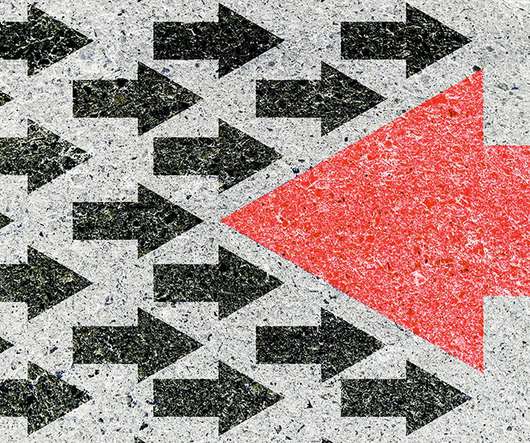Resilience and Agility in Supply Chains: Navigating Change in a Dynamic World
The Logistics & Supply Chain Management Society
JULY 16, 2023
Resilience refers to the ability of a supply chain to withstand and recover from disruptions, while agility refers to its ability to respond quickly and effectively to changing circumstances. Demand changes refer to shifts in customer preferences, market trends, or unexpected spikes in demand.
















Let's personalize your content